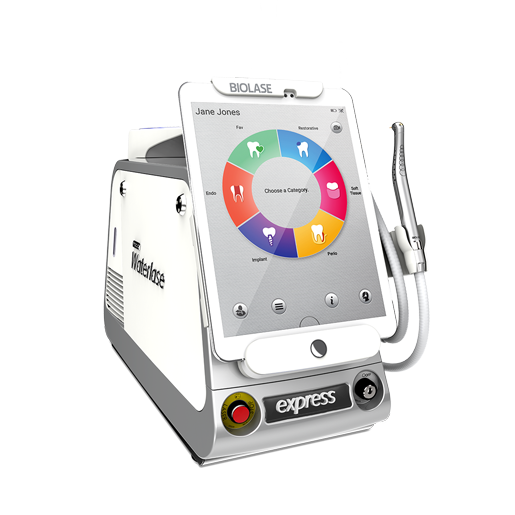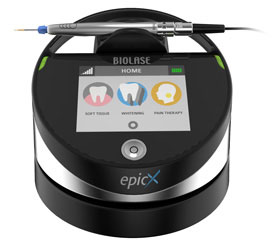You are always afraid that when you visit your dentist, you’ll find out that you have a cavity. But due to your diligence in your oral hygiene, you haven’t yet heard that unpleasant announcement. You may think that with all of the dental products – such as floss, manual and automatic toothbrushes, mouth rinses – that the existence of the tooth cavity is becoming a memory, yet that isn’t true. In fact, worldwide, billions – 3.9 billion; that’s about half of the world’s population – have untreated cavities. That’s a lot of tooth decay!
When untreated, a tooth cavity can create havoc in your mouth; it can cause toothaches, affects the ability to eat or drink, and can disturb a peaceful slumber. In severe cases, people can even lose their teeth, which can lead to gum disease. And having untreated cavities affects more than just your mouth. In 2010 for example, dental issues were the greatest factor in 291 significant diseases.
A question to ask yourself is this: why do so many people have untreated cavities? The main reason is that most people in the world do not have access to, or cannot afford, a visit to the dentist. For example, despite many of our modern technologies, the increase in tooth cavity issues is on the rise in areas where poverty is prevalent, such as Eastern and sub-Saharan Africa, as well as regions of Oceania.
Moreover, many people do not have access to fluoridated water, which also aids in minimizing the number, and rate of onset, of the tooth cavity. Additionally, even for those who can access dental care, the longer a person goes without getting treated, the less likely they will get treatment when dental problems are still minor. And minor tooth issues can lead to major health issues that appear unrelated to dental problems. Sadly, this process creates a vicious circle.
Is there anything that can be done about this serious issue? On a personal level, the first thing you can do is make sure that you see a dentist regularly and engage in proper dental care to prevent your own tooth cavity issues. Secondly, you can help and encourage others, such as family and friends, to seek the treatment they need. In your community, you can participate in local activities and educate those who may not have access to the information they need to take care of themselves. Finally, by donating to global charities that aid those in countries that lack an adequate level of care, you can reach out to those who need your care the most.
By caring about ourselves, those we know, our community, and those globally, we all can do our part to minimize and possibly eliminate conditions, such as tooth cavity issues, that are treatable. It’s a win-win for everyone.



